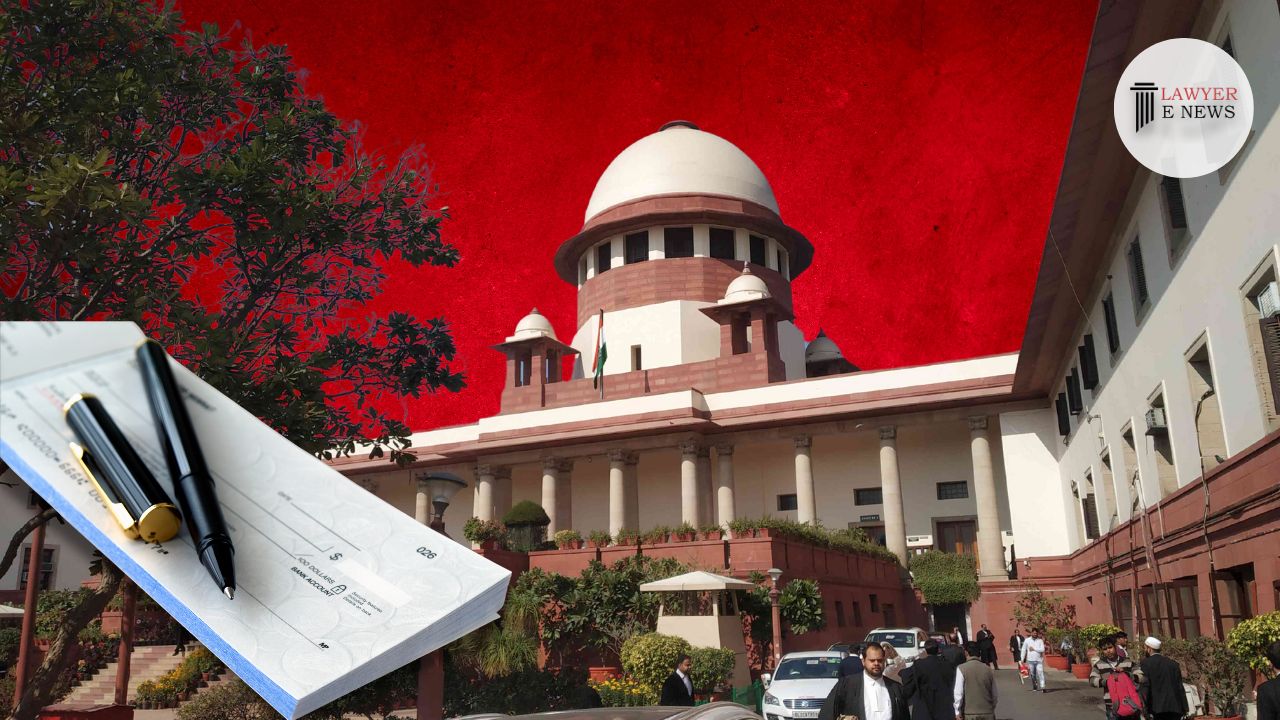-
by sayum
14 February 2026 2:22 PM



“Dispute Resolution Mechanism Upheld Even After Full and Final Settlement in Insurance Claims,” Rules Apex Court
In a landmark ruling, the Supreme Court of India upheld the enforceability of arbitration clauses in insurance contracts, emphasizing their survival even after the discharge of the underlying contract through full and final settlement. The decision in SBI General Insurance Co. Ltd. Vs. Krish Spinning clarifies the legal standing of arbitration agreements in the context of disputed settlements.
The case involved a dispute between SBI General Insurance Co. Ltd. (the appellant) and Krish Spinning (the respondent) concerning the settlement of an insurance claim. Krish Spinning had secured a standard fire and special perils insurance policy from SBI General Insurance, covering the period from March 31, 2018, to March 30, 2019. During this period, two fire incidents occurred at Krish Spinning's factory, resulting in significant losses.
First Fire Incident (May 28, 2018): Krish Spinning claimed a total loss of ₹1,76,19,967. The surveyor appointed by the insurance company assessed the loss at ₹84,19,579. The respondent accepted this assessment under protest, signing a discharge voucher for the said amount.
Second Fire Incident (November 17, 2018): The insurance company settled this claim separately, releasing a total amount of ₹4,86,67,050 in three installments.
Subsequent to the settlements, Krish Spinning claimed that the full and final settlement for the first fire incident was obtained under duress and invoked the arbitration clause in the insurance policy.
The Supreme Court observed that an arbitration agreement is inherently separable from the underlying contract and continues to exist even after the contract is discharged. The Court noted, “The arbitration agreement, by virtue of the presumption of separability, survives the principal contract in which it was contained.”
Addressing the question of whether the execution of a discharge voucher towards full and final settlement precludes arbitration, the Court ruled that disputes regarding the validity of such settlements are arbitrable. “Whether there has been a discharge of contract by ‘accord and satisfaction’ is a mixed question of law and fact, and if any dispute arises, such a dispute is arbitrable,” the judgment stated
The judgment extensively discussed the principles of separability and the presumption of survival of the arbitration agreement. It reiterated that the arbitration clause remains effective for resolving disputes pertaining to the contract, even after a full and final settlement is claimed.
Justice J.B. Pardiwala, delivering the judgment, remarked, “Even if the contracting parties agree to discharge each other of any obligations under the contract, this does not ipso facto mean that the arbitration agreement too would come to an end.”
The Supreme Court’s decision underscores the autonomy and separability of arbitration clauses in contracts, reinforcing the legal framework for arbitration in India. This ruling is expected to have a far-reaching impact on how disputes in insurance and other commercial contracts are resolved, promoting arbitration as a preferred mechanism for dispute resolution.
Date of Decision: 2024
SBI General Insurance Co. Ltd. Vs. Krish Spinning
